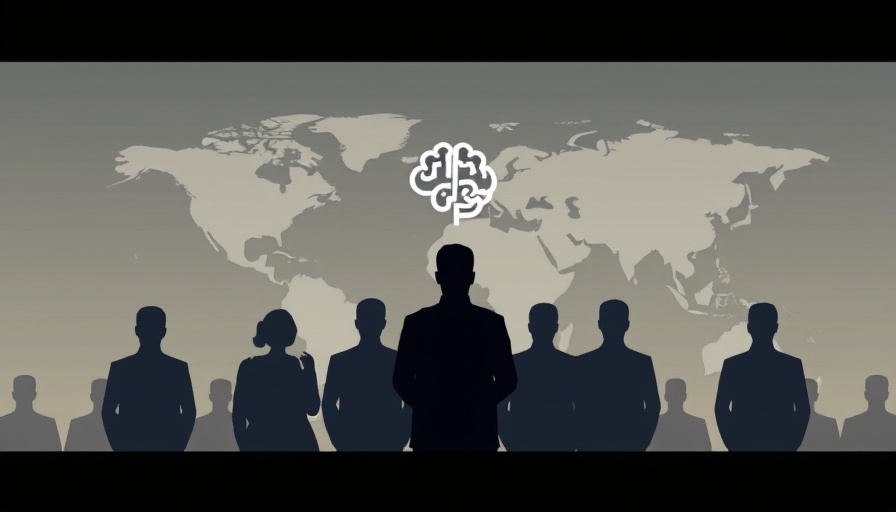
Understanding the AI Influence in TCS Layoffs
The recent announcement of layoffs by Tata Consultancy Services (TCS), affecting 12,000 employees, has left many questioning the role of artificial intelligence (AI) in this decision. By freezing hiring for experienced personnel and pausing salary increases, TCS is not just making cuts; it may be strategically pivoting towards a future increasingly dominated by AI.
Competition and the Quest for Efficiency
In today's fiercely competitive landscape, major corporations are embracing AI for efficiency and cost-reduction. Similar workforce reductions have rippled through industries like finance, media, and customer service, demonstrating a broader trend. For example, IBM announced plans to halt hiring for roles that software can perform, significantly impacting the workforce dynamics.
The Shift in Job Dynamics
The transformation sparked by AI is reshaping employment across the board. While the lower and mid-skill jobs are most vulnerable, even high-skill professions, such as those in law and journalism, must adapt as AI systems can draft documents and analyze data more efficiently than human counterparts. This disruption is leading to both job elimination and displacement, leaving workers to navigate a rapidly changing landscape without adequate retraining opportunities.
Broader Factors at Play
Experts suggest the TCS layoffs are not solely driven by AI automation but may reflect a combination of performance reviews and evolving skill requirements. According to Kiran Belsekar, a prominent industry leader, this transition signifies a realignment that prioritizes future-ready talent over sheer headcount. As technology firms look to evolve, communicating transparency and empathy throughout this process will be crucial.
The Need for Upskilling
The current climate emphasizes the urgent necessity of upskilling and retraining for tech professionals. As the future workforce is projected to integrate both humans and AI, maintaining relevance in high-paying jobs will require ongoing education in new technologies. In a landscape where roles are evolving, those who focus on learning will be better positioned to thrive.
Looking Ahead: Predictions for the Future of Work
As AI continues to advance, the implications for employment will broaden. The automation of lower-level roles may inevitably lead to a greater emphasis on high-skill jobs, pushing the workforce to adapt. This evolution comes with the chance to define a work environment where AI and humans collaborate rather than compete, fostering an innovative economy.
Take Action to Stay Ahead
With the winds of change blowing through the IT sector, now is the time to focus on retraining and acquiring new skills. Whether you are currently employed in tech or considering a future career in this field, investing in learning opportunities today can secure your place in the evolving job market.
 Add Row
Add Row  Add
Add 




Write A Comment